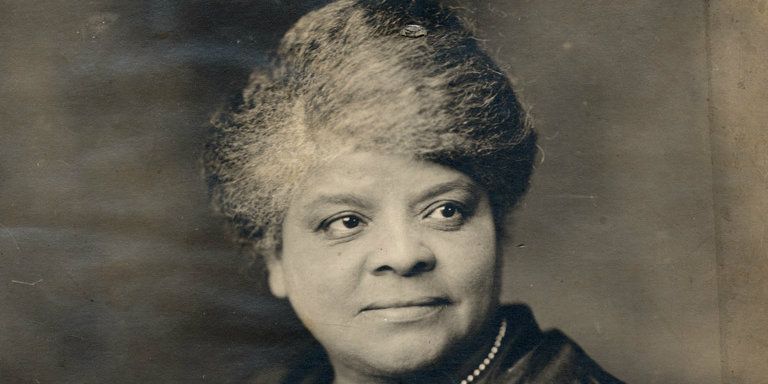Honoring #IdasLegacy: A New Generation Must Fight Social and Economic Injustice

by Elizabeth Dawes Gay
July marks the time of the year when a Black woman’s earnings finally catch up to a white man’s earnings from the previous year - a startling timeline representation of the largest pay gap. Black women only earn 64 cents for every dollar a white man makes. As much as this might spark somber reflection on the economic and racial inequality that persists in our nation, it is also a time of celebration. On July 16th we celebrated the birthday of fearless social justice activist, suffragist, politician, and journalist Ida B. Wells-Barnett.
Yesterday, the Echoing Ida collective - a group of women of color writers grounded in the legacy of Ida B. Wells-Barnett - hosted a Tweetchat in honor of the activist’s legacy. What was apparent in the #IdasLegacy conversation is that Mrs. Wells-Barnett continues to inspire a new generation of activists who are fighting for social justice and working to redress some of the same issues from her time. Unfortunately, many of the social ills that plagued Black people during her time still plague us today.
Mrs. Wells-Barnett’s was concerned about violence against Black people, segregation, civil and women’s rights, and the economic prosperity of our community. The senseless killing of and violence against young Black men today reminds us of the lynching of Black men for petty offenses or no offense at all. She herself believed lynching to be an instrument to discourage Black economic ventures and prosperity that threatened white Southerners. And while Black people have greater access to education and white collar jobs than ever before, we still lack wealth that provides prosperity or even basic financial security.
Ida B. Wells-Barnett and her husband, Ferdinand Lee Barnett, knew the importance of economic security and founded the Negro Fellowship League to provide financial and employment assistance to Black people in Chicago. I imagine they would be disheartened to know that their important work must needs continue to this day.
We must keep fighting the good fight for economic justice, unapologetically working toward a vision of Black economic prosperity and success. We must advocate for better jobs, a living wage, and equal pay. We must educate ourselves on financial well-being - how to budget, save, invest, and use credit wisely. We must vote and capitalize on our political power to ensure our representatives will work in our best interest.
And we must write, as Ida did - boldly and with the most sincere of convictions that “If this work can...arouse the conscience of the American people to a demand for justice to every citizen, and punishment by law for the lawless, I shall feel I have done my race a service.” Her courage compels us to raise our voices, to lift our pens, and demand just and fair treatment. It is in loving memory of her we write.
Elizabeth Dawes Gay, MPH is a health and social justice advocate and member of the Echoing Ida writing collective, a project of Forward Together. She is the founder of Black Women For. Follow her on Twitter: @edawesgay.

No comments: